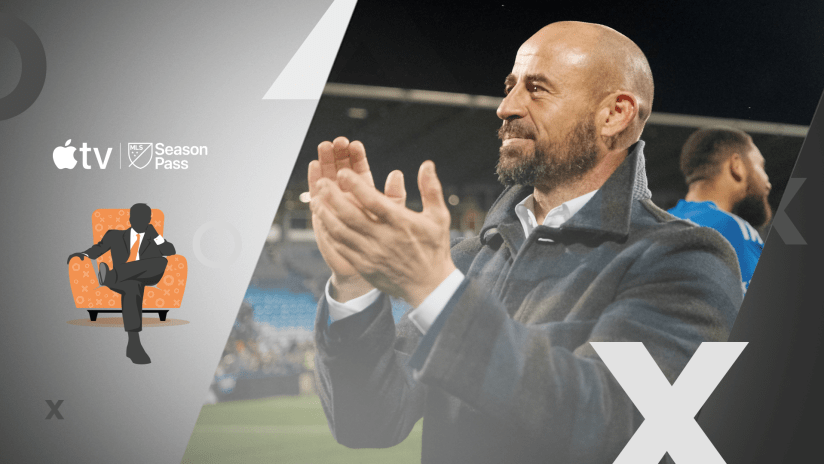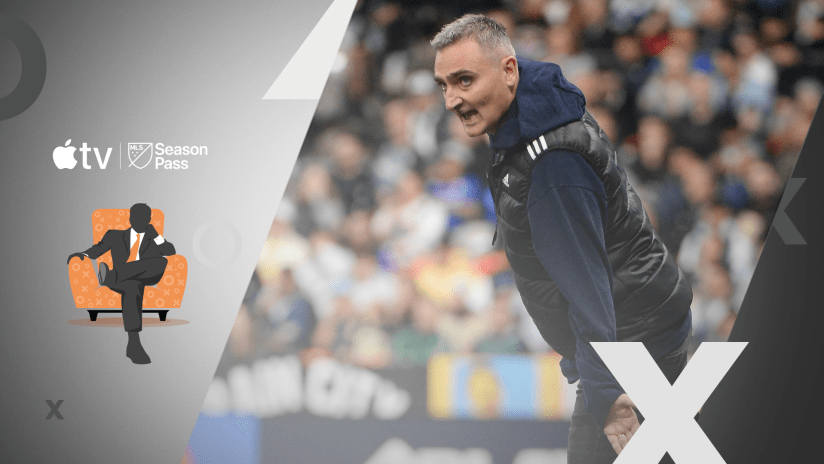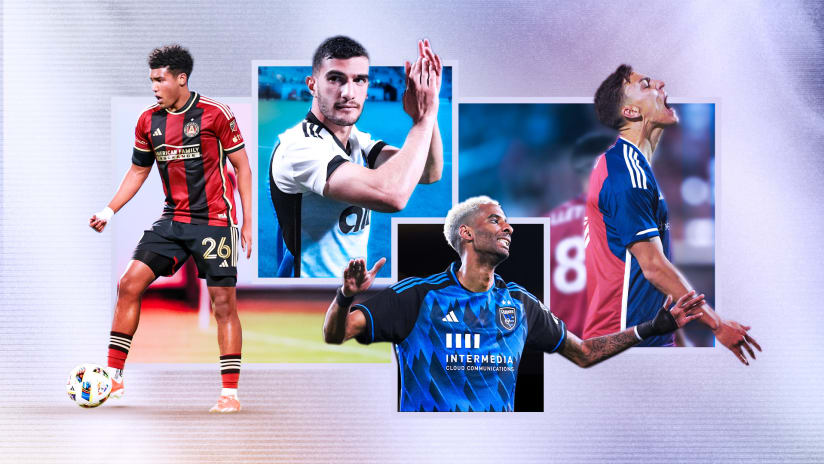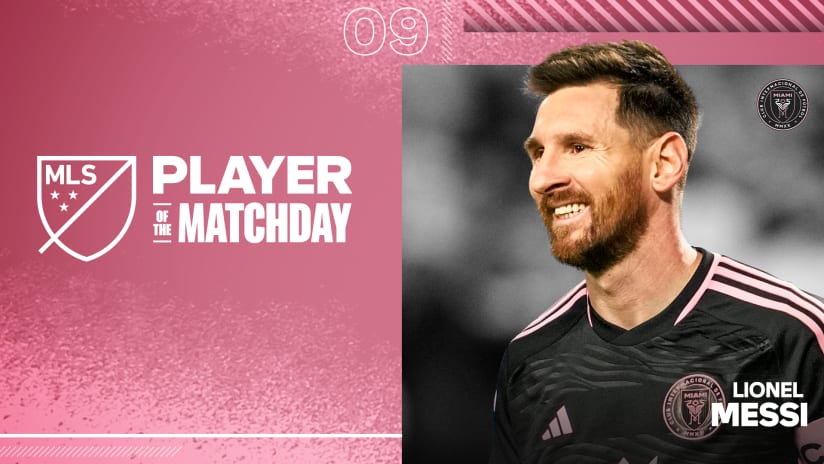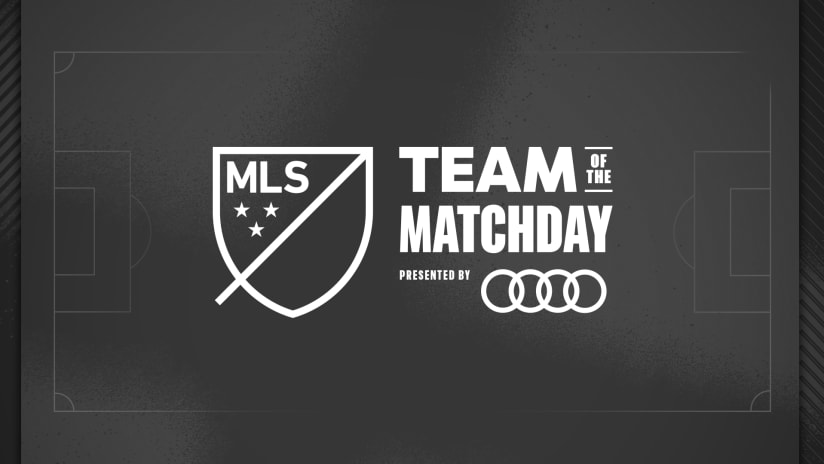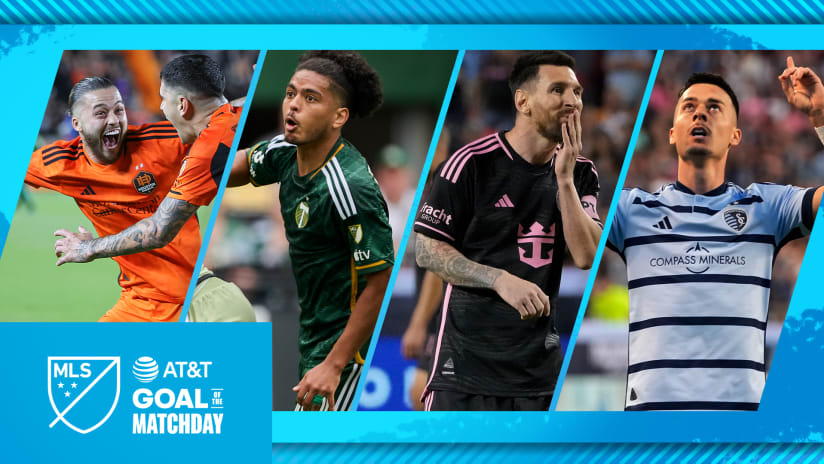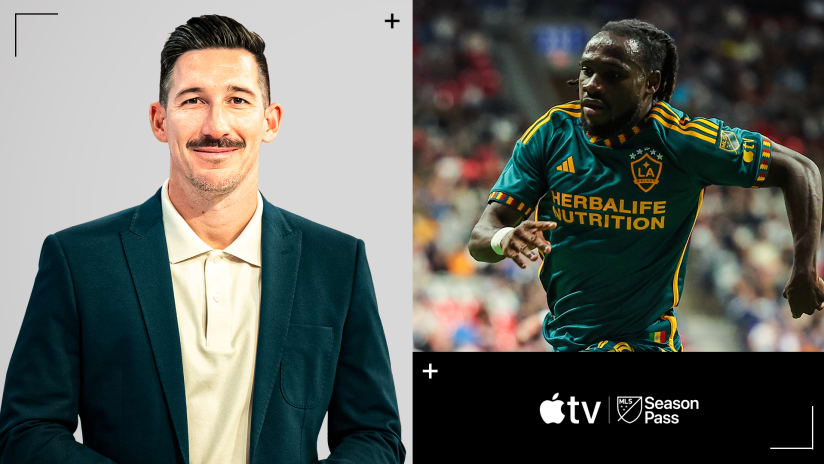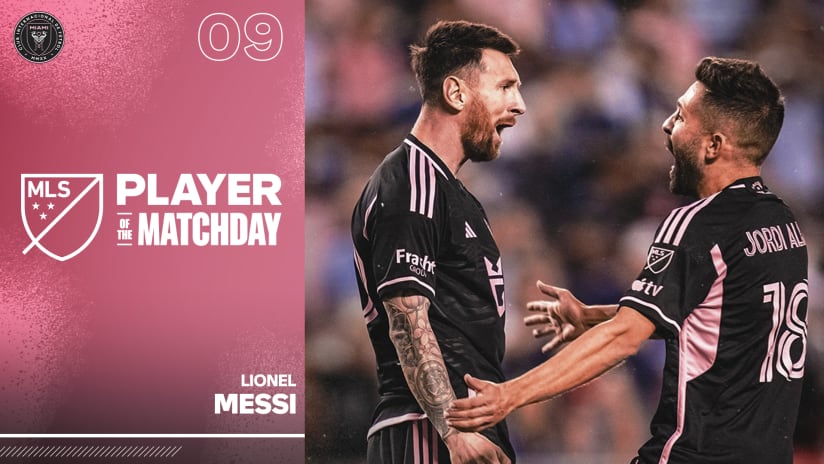Welcome back to the Thursday Q&A series, where we focus on one particular topic – today's being the greater lesson of Chris Wondolowski's career path – and ask you to react, share, and discuss in the comments section. However, feel free to ask about anything game-related (MLS, USL, NASL, USMNT, CanMNT, etc.) over the next several hours.
"When you play a match, it is statistically proven that players actually have the ball three minutes on average … So, the most important thing is: what do you do during those 87 minutes when you do not have the ball? That is what determines whether you’re a good player or not." – Johan Cruyff
Or, to put it another way: 90 percent of the game happens off the ball.
And yet another way: Watch how a player does on the ball. That's how good he is that day. Watch how a player does off the ball. That's how good he is.
There you have both the secret to Chris Wondolowski's success and the reason why so many scouts and coaches across every age group, and on into college and then MLS, "missed" him. You have the reason why so many fans don't rate him despite his success. You have the reason why he can win his first Golden Boot while starting on the right wing in a 4-2-3-1; his second as a second forward in a 4-4-2; and is in contention for his third while playing withdrawn in a 4-1-4-1.
This is the shape of the San Jose Earthquakes these days:
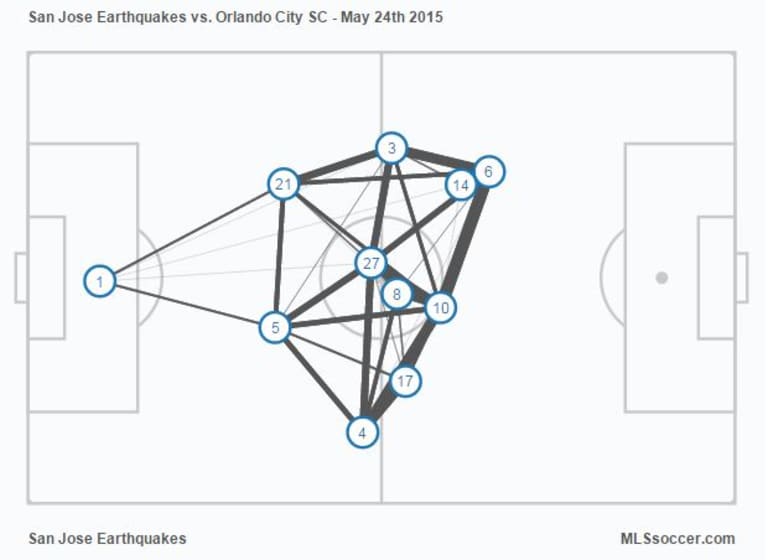
No. 8 is Wondolowski, with his aggregate touch deep in central midfield. That's not where you play a guy who's "just a poacher."
Scouting a player who is large and fast, or small and elusive, or has incredible on-the-ball gifts, is easy. Scouting a player who understands spaces and angles, timing and momentum? That is probably the hardest thing to judge at any age, no matter where you are or how discerning an eye you have.
That's even more true here in the US and Canada. The value of guys like Wondolowski or Herculez Gomez (another who was missed by scouts & coaches) is magnified by playing with and against better players, something that didn't happen regularly enough because of the scattered and ad hoc nature of talent development in North America. You can hear Wondo himself talk about it on Tuesday's ExtraTime Radio:
SUBSCRIBE TO THE PODCAST:iTunes | Stitcher | RSS FEED | DOWNLOAD
He actually had to invite coaches to come see him, and most said he didn't have what it takes to play at the collegiate level. They were all obviously wrong.
But understanding the Chris Wondolowski story only as the perseverence of one person swimming against the tide to reach his dream misses the point. His story has to be understood as a step in how to improve our scouting and talent development across all platforms, what to look for on the field, and – as Cruyff said – the importance of those 87 minutes.
Wondo is not just a gifted soccer player and a record setter: He's a lesson in how our systems for identifying talent were broken. And hopefully his success means that the next Chris Wondolowski doesn't "come out of nowhere," because this time, we'll have known what to look for all along.
Thanks for helping me kill another Thursday afternoon! Check out the comments section below for the back-and-forth.


